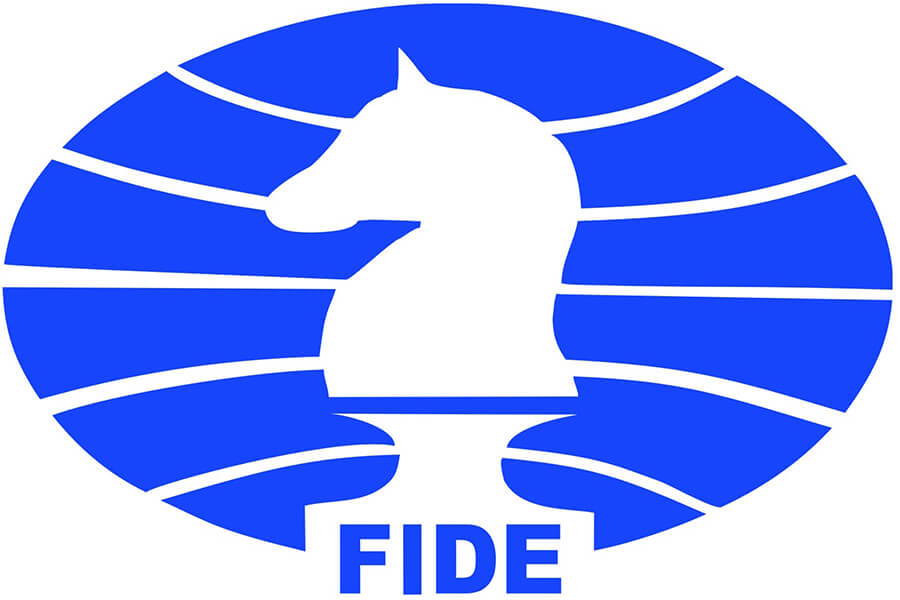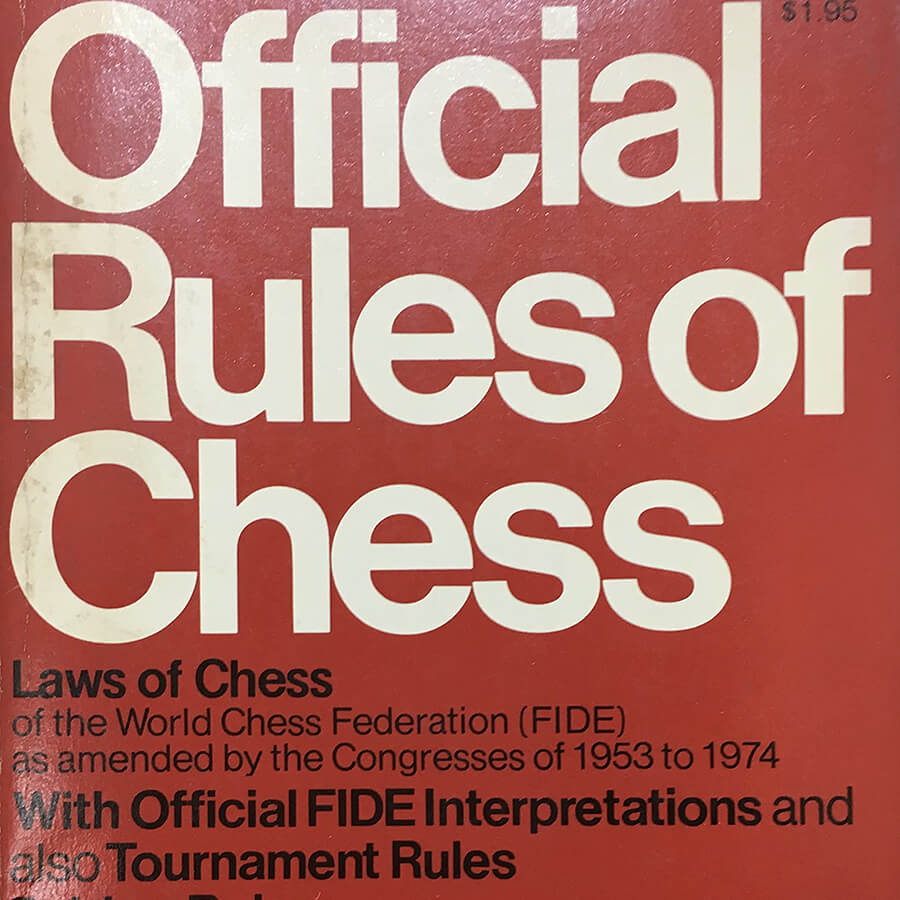No products in the cart.
Chess Rules & Instructions
FIDE Laws of Chess
The FIDE Laws of Chess are the official rules and regulations that govern the game of chess at the international level. The rules cover various aspects of the game, including the board, the pieces, how they move, and the conduct of players during a game.
Summary of the FIDE Laws of Chess
- The Chessboard: The board consists of 64 squares, alternating in color between light and dark. The board is placed with a light square in the bottom-right corner.
- The Chess Pieces: Each player starts with 16 pieces, including one king, one queen, two rooks, two knights, two bishops, and eight pawns.
- Piece Movement: Each piece has its own unique way of moving. The king moves one square in any direction, while the queen can move any number of squares in any direction. Rooks move horizontally or vertically, bishops move diagonally, knights move in an L-shape, and pawns move forward but capture diagonally.
- Capturing: When a piece moves to a square occupied by an opponent’s piece, the opponent’s piece is captured and removed from the board.
- Castling: Castling is a special move involving the king and one of the rooks. It is subject to specific conditions and allows the king to move two squares towards a rook, while the rook moves to the square next to the king.
- Check and Checkmate: If a player’s king is under attack (in “check”), the player must make a move that removes the threat. If a player’s king is under attack and there is no legal move to remove the threat, it is checkmate, and the game is over.
- Draw: A game can end in a draw if certain conditions are met, such as a stalemate (when a player has no legal moves but is not in check), a perpetual check (repetition of the same position), or insufficient material to deliver checkmate.
- Touch-Move Rule: If a player touches one of their pieces, they must move it if it has a legal move. If a player touches an opponent’s piece, they must capture it if it is legal to do so.
- Time Control: Chess games are played with a time control, which specifies the amount of time each player has to complete their moves. Time controls can vary, ranging from blitz games with very short time limits to longer games with increments or time delays.
Cheating in FIDE Laws of Chess
The FIDE Laws of Chess address the issue of cheating, which is considered a serious violation of fair play in the game. Here are some key points regarding cheating as per the FIDE Laws of Chess:
- Article 11.3: The laws state that a player may not receive assistance from any unauthorized source during a game. This includes receiving advice, suggestions, or analysis from another person or computer program.
- Article 11.4: The use of electronic devices during a game is strictly prohibited, except with explicit permission from the arbiter. This includes mobile phones, smartwatches, and any other electronic devices that can be used for communication or chess analysis.
- Article 11.5: If a player is found guilty of cheating, the penalties can be severe. The arbiter has the authority to declare the game as lost for the cheater. In addition, the player may be expelled from the tournament and face further disciplinary action from the organizing authority or national chess federation.
- Article 11.6: The arbiter has the right to inspect the player’s belongings, including clothing, bags, and any other personal items, to ensure compliance with the anti-cheating regulations. Refusal to cooperate or comply with such inspections may result in penalties.
- Article 11.7: If there is a reasonable suspicion of cheating, the arbiter may take measures to detect possible cheating, such as monitoring the players, installing surveillance cameras, or employing anti-cheating technology.
It’s important to note that the specific procedures and protocols for dealing with cheating may vary depending on the tournament or event. FIDE, national chess federations, and tournament organizers have their own anti-cheating regulations and procedures in place to prevent and address cheating incidents.
Cheating in chess is taken very seriously, and the chess community is committed to maintaining the integrity of the game. Stringent measures are in place to detect and discourage cheating, including the use of anti-cheating technology, strict monitoring, and thorough investigations when suspicions arise.


